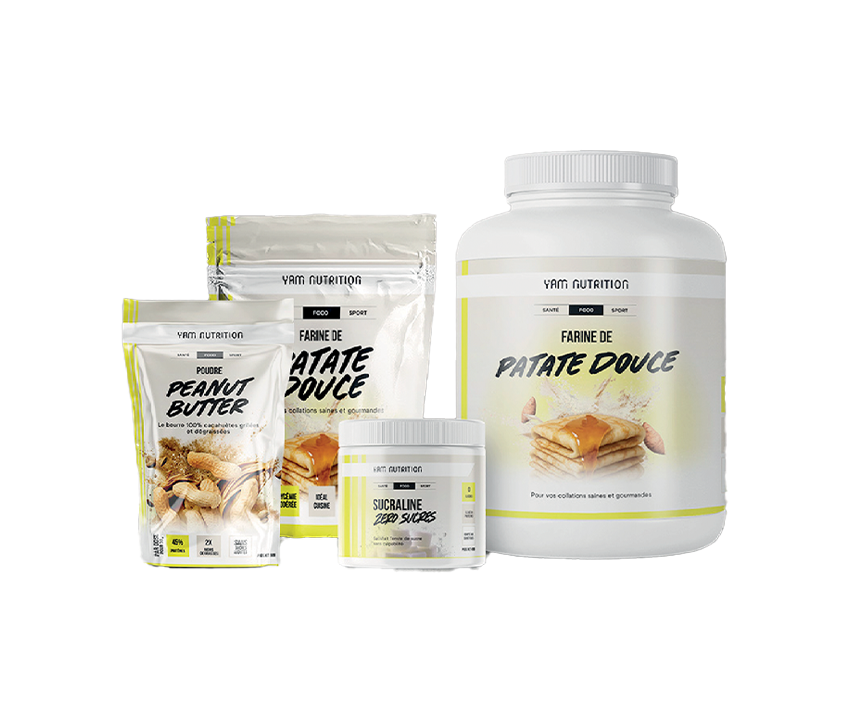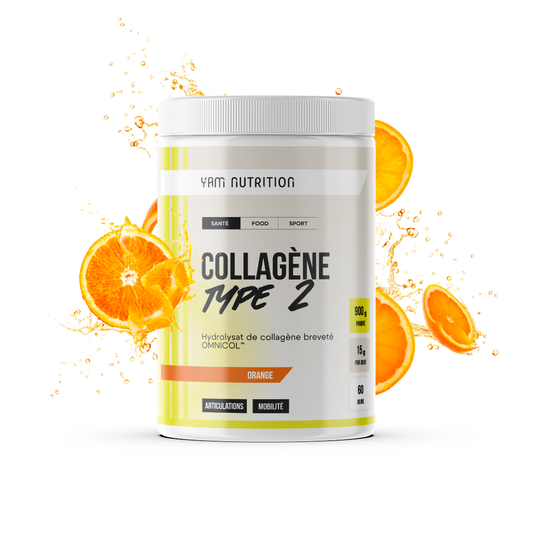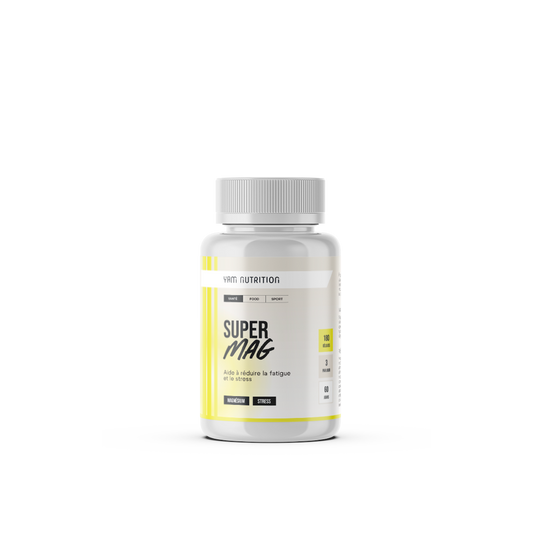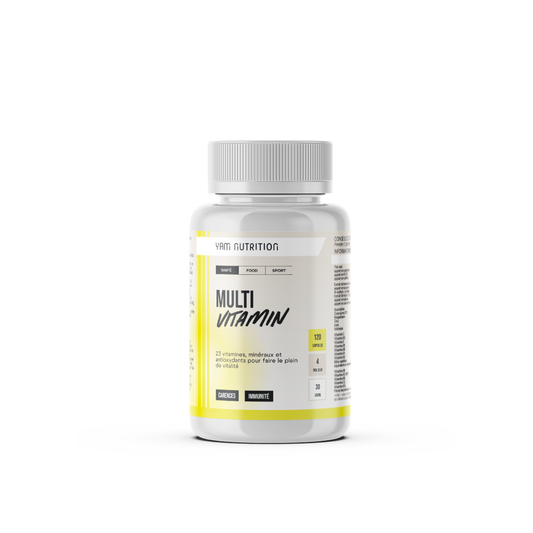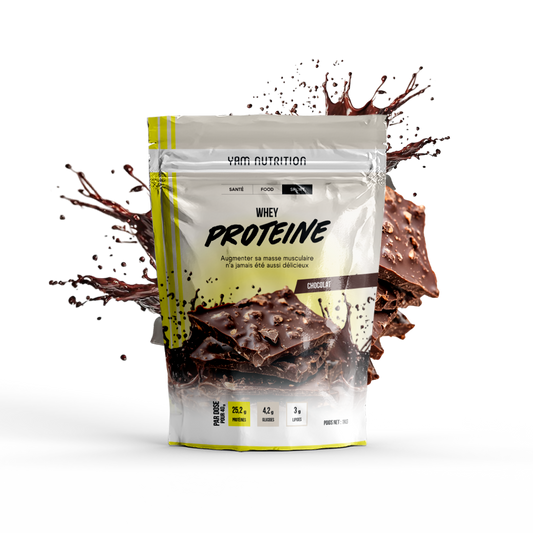Omega 7 and palmitoleic acid, healthy fatty acids too often forgotten
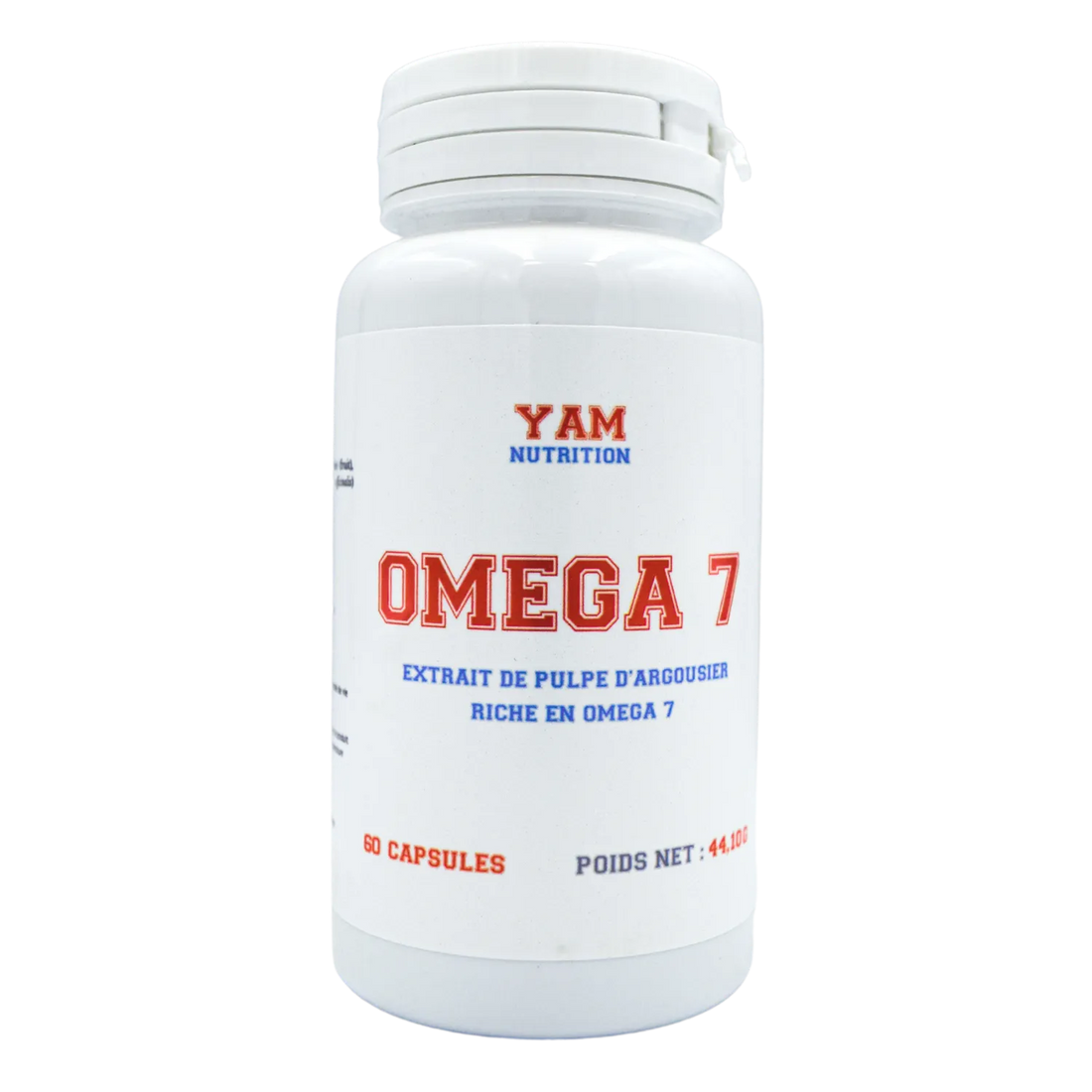
Sommaire
- Omega 7, forgotten fatty acids that we have put back in their rightful place
- Omega 7s should be considered as lipokines, new signal molecules composed of fatty acids.
- The benefits of Omega 7, and palmitoleic acid in particular, have been demonstrated by science and are of interest to all French people.
- Omega 7 and palmitoleic acid in the management of weight gain and obesity
Among the fatty acids, some of them are the stars of dietary supplements. As you know, these are Omega 3, DHA, and EPA in particular. For decades, we have been introducing you to the Omega 3 DHA (or Docosahexaenoic Acid) and EPA (or Eicosapentaenoic Acid) are considered essential for several organic and cellular functions. It is true that fatty acids are the main components of the brain and make up nearly 60% of it.
OMNICOL™ Patented Collagen Hydrolysate A complex of 23 vitamins, minerals and antioxidants to boost your vitality Building muscle mass has never been so delicious
Collagen Type 2 Powder
Sale price
From 49,90 €
Multivitamin
Sale price
29,90 €
Whey Protein
Sale price
From 37,90 €
Omega 3s are involved in many functions related to the central nervous system and its functions, such as memory or vision, from the optic nerve. Let's add that the development of the fetus and its brain requires the presence of these famous Omega 3s and DHA in particular. We may tell you that the balance between Omega 3 and Omega 6 must be respected, but this balance is still quite debated among the scientific community.
Let's also say that fatty acids Omega 9 (monounsaturated) are far too neglected in terms of health and we can only advise you to consume them. For example, they are generously present in olive oil and hazelnuts. Even stranger, very few “nutritionists” or health specialists will mention the astonishing role of Omega 7 on health, even though they are numerous!
Omega 7, forgotten fatty acids that we have put back in their rightful place
Let's say that Omega 7 is rarer than Omega 3 and 6, but it's important not to forget them, especially since their nutritional quality deserves attention. Among Omega 7, we have palmitoleic acid (monounsaturated fatty acid), trans-vaccenic acid (unsaturated fatty acid), and paullinic acid.
Let's say that in the traditional human diet, Omega 7s are fairly rare fatty acids, but they are first present in breast milk. Each of us has therefore already swallowed Omega 7s after birth. But what interests us here concerns palmitoleic acid. Scientific research has focused on this fatty acid in the context of metabolic syndrome, diseases linked to a metabolism that no longer functions very well, for example, insulin resistance, diabetes, or cardiovascular disorders. Certain types of cancer are also related to metabolic syndrome in humans.
Palmitoleic acid, according to recent scientific research findings, would play an ameliorative role on insulin resistance (Yang 2013), the balance between HDL and LDL cholesterol, high blood pressure, obesity and chronic inflammation. According to research, the benefits of Omega 7 should be seriously considered because they would act with efficacy demonstrated by clinical study, while being devoid of the harmful side effects of the many drugs generally used to treat these symptoms. But the mode of action of palmitoleic acid itself would be even more astonishing…
Omega 7s should be considered as lipokines, new signal molecules composed of fatty acids.
According to Cao and colleagues (2008), palmitoleic acid should be considered a signal molecule involved in communication between fatty tissues and muscles. This unusual function would make this Omega 7 the first lipokine to be identified. It would therefore be a fatty acid comparable to a hormone that acts between distant tissues to manage energy use. The results of the studies obtained by the researchers proved particularly interesting, especially in the context of metabolic syndrome.
In other exciting news, the health benefits and metabolism-regulating ability of palmitoleic acid have been tested by research using a relatively modest dosage of 210 mg, a figure we had to match and surpass when it came to offering you our Omega 7 supplement with YAM Nutrition. The contract was successfully fulfilled by selecting the sea buckthorn extract offered by the German Flavex . Each daily dose of Omega 7 provides you with 279 mg of palmitoleic acid as well as all the essential fatty acids found in sea buckthorn.
The benefits of Omega 7, and palmitoleic acid in particular, have been demonstrated by science and are of interest to all French people.
To summarize the proven benefits of Omega 7, we could say that:
-
Adding omega-7 to your nutritional supplement regimen may help you mitigate several risk factors associated with metabolic syndrome such as:
-
High LDL cholesterol and low HDL cholesterol
-
High insulin resistance (Yang 2013)
-
Obesity and systemic inflammation risk at the origin of the syndrome
-
Adding omega-7 palmitoleic acid to your omega-3s could help optimize your cardiovascular and metabolic health.
More specifically, the administration of Omega 7 would present a benefit in reducing anti-inflammatory effects, linked to the ability of Omega 7 to deactivate the inflammatory regulatory complex NF-kappaB (Guo et al. 2012). Thus, in a pilot study carried out on adults with high levels of C-reactive protein (blood marker of inflammation), supplementation of 210 mg per day of Omega 7 resulted in a 73% decrease in C-reactive protein (Green JA 2012). In a controlled clinical trial, patients taking purified palmitoleic acid at a dose of 210 mg/day saw their lipid levels improve after 30 days of supplementation. Triglycerides had decreased by 36.9 mg/dL (17%). LDL cholesterol was 13.5 mg/dL (11%) and HDL was increased by 4.5 mg/dL (10%) (Martinez L. 2013).
Omega 7 and palmitoleic acid in the management of weight gain and obesity
Abdominal obesity (“pear-shaped”) is a typical factor in metabolic syndrome because it is strongly associated with the risk of cardiovascular disease. According to Burns (2012) and Yang (2011), Omega-7 can help manage this cause of metabolic syndrome because it signals your body to stop storing fat. Animals fed with diets rich in Omega 7 would also present a significant increase in the level of hormones promoting the feeling of satiety (Yang, Takeo, Katayama 2013). Based on these scientifically proven elements, there is every reason to believe that these rather special fats constitute a rather remarkable health asset. Aside from these often ignored nutritional qualities, do not forget that fatty acids, and cholesterol in particular, are essential for the synthesis of steroid hormones in humans, and in particular testosterone …
YAM Nutrition
Bibliographic references
- Burns TA, Duckett SK, Pratt SL, Jenkins TC. Supplemental palmitoleic (C16:1 cis-9) acid reduces lipogenesis and desaturation in bovine adipocyte cultures . J Anim Sci. 2012 Oct;90(10):3433-41.
- Cao H, Gerhold K, Mayers JR, Wiest MM, Watkins SM, Hotamisligil GS. Identification of a lipokine, a lipid hormone linking adipose tissue to systemic metabolism . Cell . 2008 Sep 19;134(6):933-44.
- Guo X, Li H, Xu H, et al. Palmitoleate induces hepatic steatosis but suppresses liver inflammatory response in mice . PLoS One . 2012;7(6):e39286.
- Green JA. E ffect of two levels of Provinal™ (purified Palmitoleic Acid; C16:1n7; Omega 7) on serum lipid and C-reactive protein (CRP) profiles in humans . Tersus Pharmaceuticals, LLC: 2012.
- Martinez L. Provinal (R) in the reduction of CRP: A double-blind, randomized, placebo-controlled study. Provinal purified omega 7 . Flight: Tersus Pharmaceuticals; 2013.
- Nestel P, Clifton P, Noakes M. Effects of increasing dietary palmitoleic acid compared with palmitic and oleic acids on plasma lipids of hypercholesterolemic men . J Lipid Res. 1994 Apr;35(4):656-62.
- Yang ZH, Miyahara H, Hatanaka A. Chronic administration of palmitoleic acid reduces insulin resistance and hepatic lipid accumulation in KK-Ay Mice with genetic type 2 diabetes . Lipids Health Dis. 2011;10:120.
- Yang ZH, Takeo J, Katayama M. Oral administration of omega-7 palmitoleic acid induces satiety and the release of appetite-related hormones in male rats . Appetite . 2013 Jun;65:1-7.
Eric MALLET
Spécialiste en Nutrition Sportive
